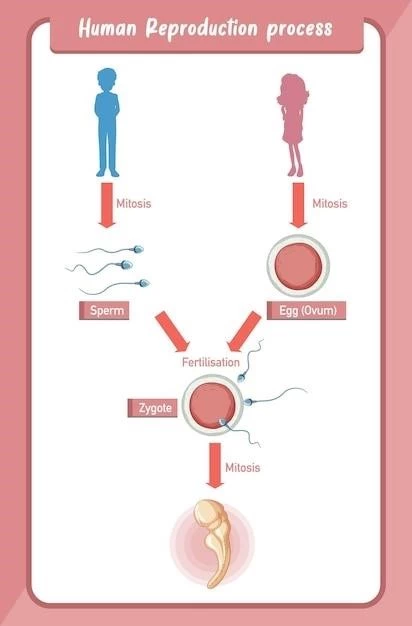Pyruvate kinase deficiency is an inherited metabolic disorder of the enzyme pyruvate kinase which affects the survival of red blood cells. Both autosomal dominant and recessive inheritance have been observed with the disorder...
Definition and Inheritance Patterns
Pyruvate kinase deficiency, muscle type, is an inherited metabolic disorder impacting the enzyme pyruvate kinase’s role in red blood cell survival. The disease exhibits both autosomal dominant and recessive inheritance patterns, with the latter being more common. The deficiency of pyruvate kinase leads to disrupted glycolysis, affecting the energy production and lifespan of red blood cells. This disorder is characterized by chronic hemolytic anemia and can have serious implications on an individual’s health and well-being.
Role of Pyruvate Kinase in Glycolysis
Pyruvate kinase, a vital enzyme, plays a key role in the glycolysis pathway by catalyzing the conversion of phosphoenolpyruvate to pyruvate, generating ATP crucial for cellular energy.
Pyruvate Kinase Enzyme Function
The enzyme pyruvate kinase plays a crucial role in the final step of glycolysis, converting phosphoenolpyruvate to pyruvate, producing vital ATP for cellular energy processes.

Prevalence and Impact of Pyruvate Kinase Deficiency
Pyruvate kinase deficiency is an inherited disorder affecting red blood cells, causing chronic hemolytic anemia with serious health implications worldwide.
Global Prevalence and Estimated Incidence Rates
Pyruvate kinase deficiency, muscle type, is considered the most common cause of chronic congenital non-spherocytic hemolytic anemia globally. The estimated prevalence ranges from one in 100,000 to one in 300,000 individuals. This deficiency leads to chronic hemolytic anemia, impacting health, quality of life, and mortality significantly.
Clinical Manifestations and Consequences
This inherited disorder causes chronic hemolytic anemia, leading to red blood cell breakdown, anemia, and potential health complications associated with inadequate oxygen supply.
Hemolytic Anemia and Health Implications
Pyruvate kinase deficiency impacts red blood cells, leading to chronic hemolytic anemia, which can result in complications like fatigue, weakness, and cardiovascular strain due to decreased oxygen-carrying capacity.
Diagnosis and Management of Pyruvate Kinase Deficiency
Diagnosis of Pyruvate Kinase Deficiency involves genetic testing for mutations and may include blood tests to assess red blood cell function. Management strategies focus on alleviating symptoms, which may include blood transfusions, folic acid supplementation, and potentially curative treatments like bone marrow transplants.
Diagnostic Methods and Treatment Approaches
Diagnosis of Pyruvate Kinase Deficiency typically involves genetic testing to identify specific mutations associated with the disorder. Treatment approaches vary and may include regular blood transfusions, folic acid supplementation, and in some cases, bone marrow transplants to address the underlying genetic cause.

Research and Future Directions
Ongoing research aims to explore novel therapeutic approaches, such as gene therapy and enzyme replacement, to address pyruvate kinase deficiency’s underlying genetic defects and improve patient outcomes.
Emerging Therapies and Investigational Studies
Ongoing studies explore emerging therapeutic options for pyruvate kinase deficiency, such as gene therapy and enzyme replacement strategies, paving the way for potential innovative treatments to address this metabolic disorder effectively.
